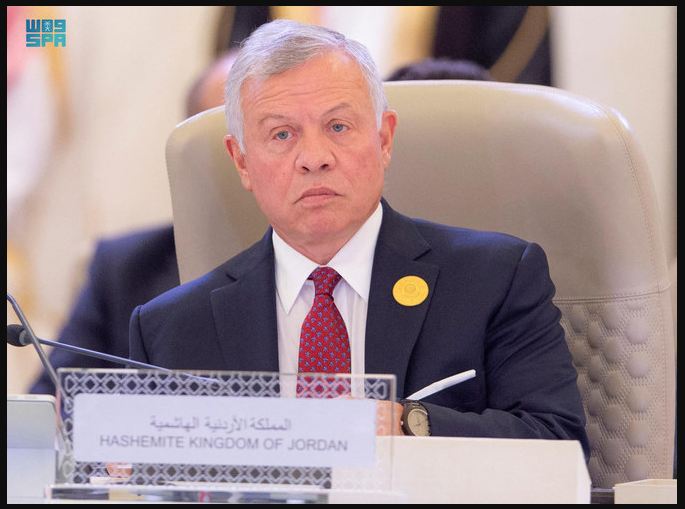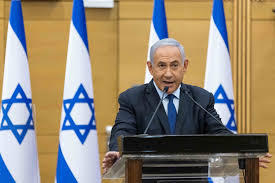Saudi-led coalition to announces Yemen ceasefire: Sources
Riyadh (Reuters) – The Saudi-led coalition fighting Yemen’s Iran-aligned Houthi movement has announced at midnight on Wednesday it is halting military operations nationwide to support a U.N. ceasefire initiative, three sources familiar with the matter told Reuters.
The suspension in fighting, expected to go into effect on Thursday, was agreed in part to avoid a potential outbreak of the new coronavirus in Yemen, where no cases have yet been reported, two of the sources said.
It was unclear if the Houthi movement would follow the coalition’s decision.
Mohammed Abdulsalam, spokesman of the Houthi movement, said his group has sent to the United Nations a comprehensive vision which includes an end to the war and to “the blockade” imposed on Yemen.
“(Our proposal) will lay the foundations for a political dialogue and a transitional period,” Abdulsalam said in a Twitter post on Wednesday.
The Saudi-led coalition did not immediately respond to a request for comment.
Last week, U.N. special envoy Martin Griffiths sent a proposal to the internationally recognised government, the Saudi-led military coalition that supports it and the Houthi movement that controls the capital Sanaa and most of northern Yemen.
The parties are expected to convene via video conference to discuss the proposal which calls for a nationwide ceasefire, including halting all air, ground and naval hostilities, and for the parties to ensure compliance by forces on frontlines.
The United Nations and Western allies have been pointing to the threat of coronavirus to push Yemen’s combatants to agree to fresh talks to end a war that has left millions vulnerable to disease.
Yemen had witnessed a lull in military action after Saudi Arabia and the Houthis launched back-channel talks late last year. But there has been a recent spike in violence that threatens fragile peace deals in vital port cities.
Yemen has been mired in conflict since the Houthis ousted the government from power in Sanaa, in late 2014.
The five-year-old conflict backed by Iran has killed more than 100,000 people and unleashed an urgent humanitarian crisis that has pushed millions to the verge of famine and forced thousands to seek shelter in displacement camps.



